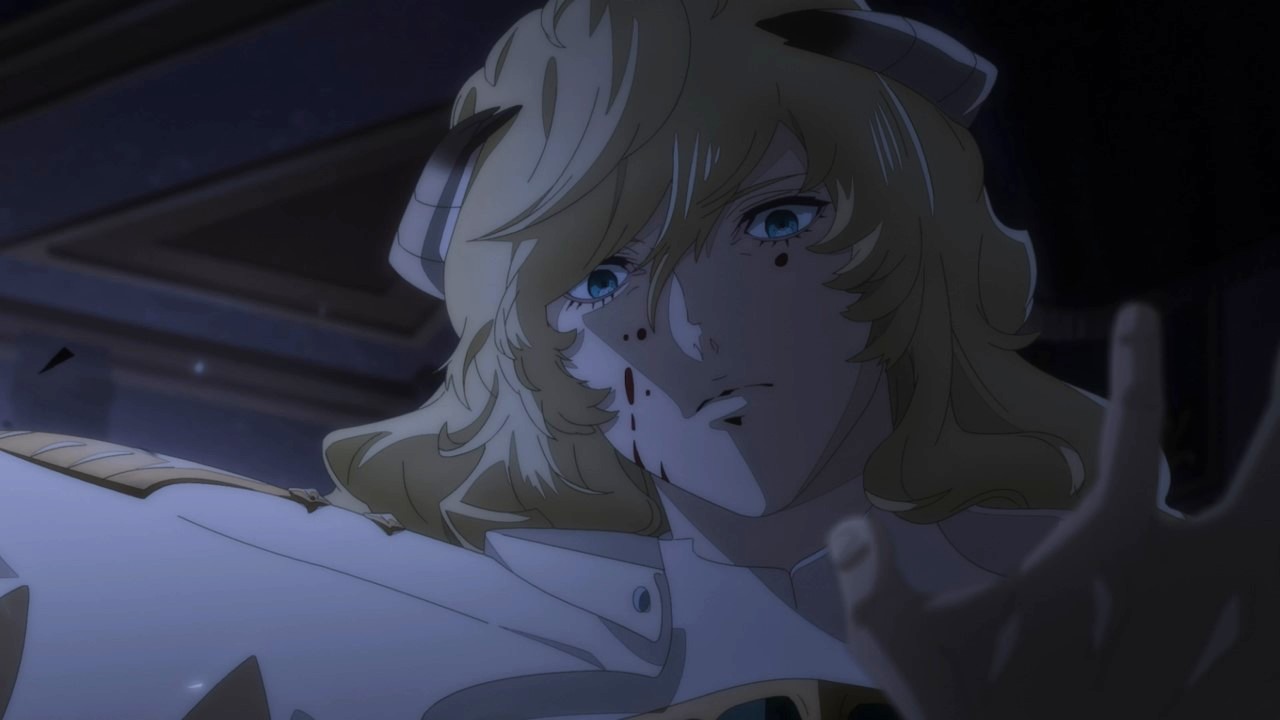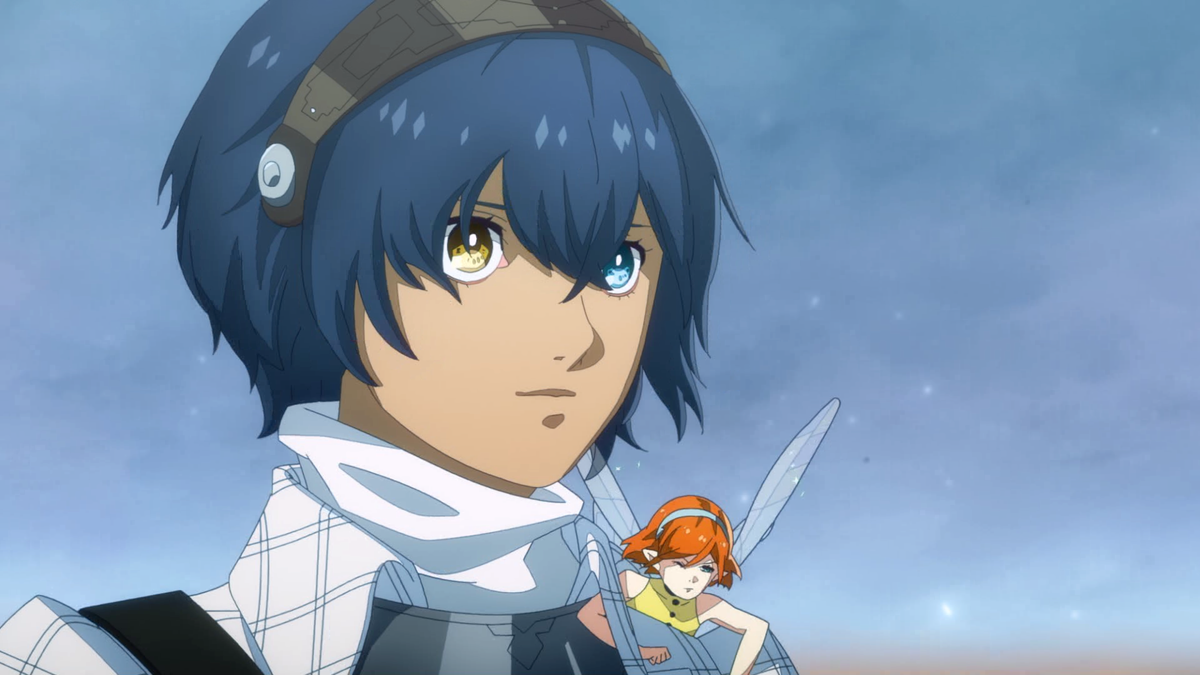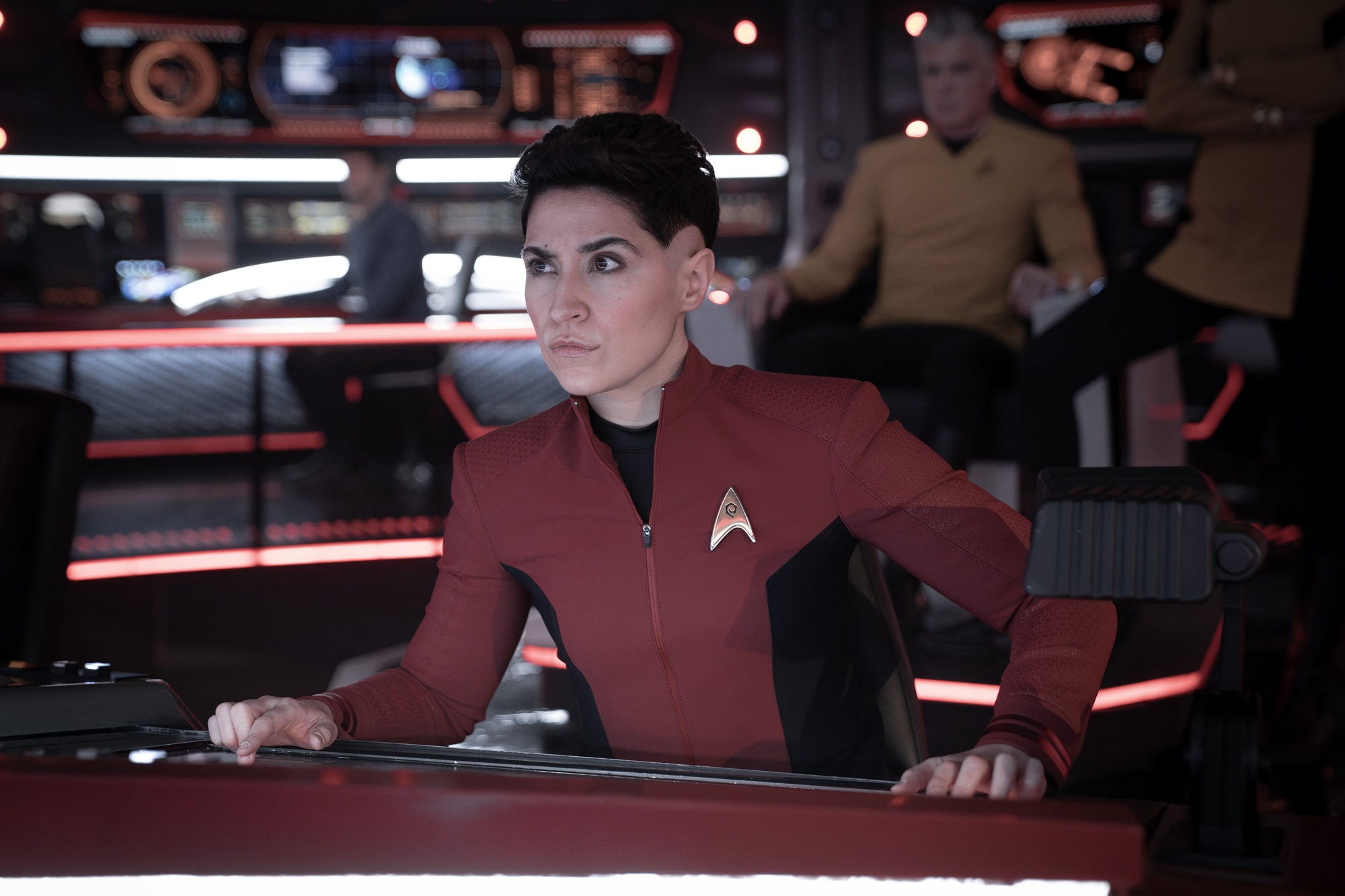Metaphor: ReFantazio continues to go from strength to strength.
We awarded this stellar turn-based RPG two spots on our list of the best video games of 2024; it bagged three wins at The Game Awards 2024 (Best RPG, Best Narrative, and Best Art Direction; and now the game’s nominated for two awards at the 21st BAFTA Games Awards.
Ahead of the BAFTA Ceremony (streaming live today at BAFTA’s YouTube and Twitch channels 2 p.m. ET / 7 p.m. BST), we had the chance to speak with the game’s director, Katsura Hashino.
Via email, we got to learn more about how the team brought Metaphor: ReFantazio to life, focusing on how they designed their new fantasy setting, how they settled on its visual identity, and more.
Were you daunted by the prospect of launching this new title? And why did you want to explore a new fantasy setting?
When people think of RPGs from Atlus, many players will think of the Persona and Shin Megami Tensei series of modern dramas. There are so many fantasy games out there, and with the intention of differentiating ourselves from them, we have continued to work on this series.
Starting a new project is always a little nerve-wracking, but starting with a blank canvas is also really rewarding.
Katsura Hashino, Studio Zero
However, if we continue to do just that, there is a possibility that our potential will start to dwindle, and we felt that we had a problem. The starting point of the project was our curiosity about what kind of game we could make if we tried to tackle the fantasy genre, which is the mainstream, using our modern drama production methods.
When we asked the team what kind of RPG they wanted to make at the start of the project, everyone said they wanted to make a fantasy RPG. However, when we got into a discussion about why we liked fantasy so much, we couldn’t come up with a clear answer other than vague comments like “I’ve always liked it”.
This really piqued our curiosity. It was the first step for us. As we discussed over and over again, we decided to create a story that would take place in a fantasy world but would also help us understand and guide us through the world we live in today.
Starting a new project is always a little nerve-wracking, but starting with a blank canvas is also really rewarding. The most important thing in launching a new IP is to establish a strong concept that we can believe in. Once we had that, I think we were able to enjoy the challenge of the work, even though it was difficult to see the right answer.
How did you begin building your new universe? Were there any notable influences you turned to while designing Euchronia?
We did a lot of research. We also took inspiration from fantasy classics like Tolkien’s “Lord of the Rings”, but we thought that trying to imitate these traditional fantasies wouldn’t work.
You cannot make something real by imitating. We wanted to create a fantasy world that only we could make. I think we’ve created a world that feels really unique to us.
Watch On
One of the key elements of the art direction was color. From the very beginning, we decided that we didn’t want to copy the color palettes used in many fantasy games.
So, we used a lot of vivid colours like pink, teal, and aquamarine to give the feeling of being in a completely new world.
We also took inspiration from artists like Hieronymus Bosch to create completely unique characters. The monsters called “Human” are a good example of this.
The main theme of this game is anxiety, a difficult emotion to express, but I think the abstract shapes of the enemies, which are unlike anything you’ve seen before, are well-suited to expressing anxiety.

Were you ever tempted to restructure how in-game days play out? Why/why not?
The setting for the Metaphor is the fantasy world of Euchronia, but we thought it was important to make the everyday structures in the game relatable and interpretable for the player.
The fantasy world of Euchronia, full of monsters, fairies and magic, is a fantasy-like setting, but we wanted to make it so that players could also feel a sense of reality.
By incorporating modern elements of life, such as the in-game calendar, dinner with friends after a battle, and fishing dates to deepen bonds, we think we were able to bring the world to life.

What was the biggest challenge you faced during development?
The biggest challenge we faced was creating a fantasy RPG. With Persona, we created a world that mirrored the everyday life that we, as creators, experience in Japan, such as commuting to work or going out to eat with friends.
Not only did we decide to create a fantasy RPG that transcended those boundaries, but it was also a big challenge to decide what kind of fantasy world we wanted to create.
Creating Metaphor required a lot of effort and research. It was very difficult to find the right balance between creating a fantasy world that we, as people living in the real world, could relate to and a fantasy world that had a structure that we could understand.
Can you talk about bringing your villain (Louis Guiborn) to life, and why you decided to have him be so present from the beginning of the game?

Like the great stories of the past in the fantasy genre, we wanted to create a villain who was not simple.
By introducing the villain – Louis – to the audience in the opening scene, we had time to explore his character and showed the player what motivated him to do such terrible things. Louis is not an ordinary villain. He believes in “power” and has the support of many people in the world of Euchronia
What makes Louis an interesting enemy is that the protagonist not only has to defeat him physically but also win the support of Louis’s followers. The world of Euchronia and its characters are designed as characters that cannot be simply divided into black and white, good and evil.
I think that by introducing Louis early on and building up the complex layers of his story, we were able to make the world feel more real and authentic.
Are you able to tell us what you have in store next? Do you want to continue telling stories in the same world, or do something drastically different?
I think that Metaphor was well received by many players and we are looking at what we should work on next, while re-examining the issues with our RPGs with each game release.
I want to immerse myself in creating future works while examining the good parts of our RPGs and the parts that can still be improved as a team.
I want to thank all the players who played it. Thank you very much. I’d like to continue pursuing “our ideal of an RPG” while receiving the various feedback of our players.
Metaphor: ReFantazio is available to play on PS5, Xbox Series X/S and PC now.










